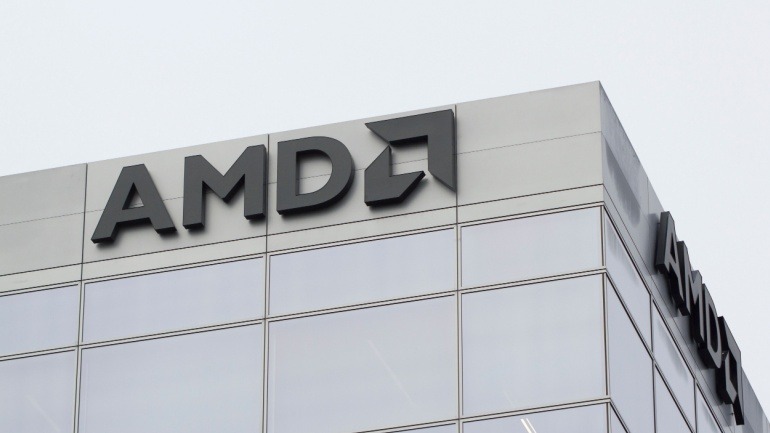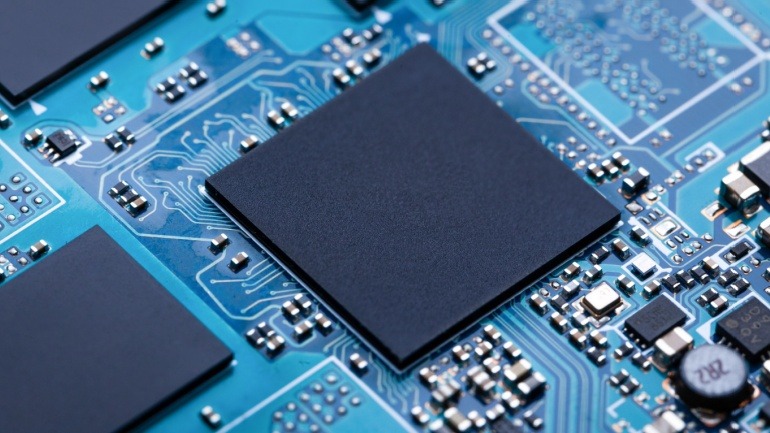In today’s dynamic telecommunications landscape, Dell Technologies and AMD are pioneering transformation with AI-driven solutions for communications service providers. As 5G deployment phases complete, CSPs must embrace advanced strategies to tackle network complexities and enhance connectivity services. AI’s role in boosting efficiency and driving telecom service innovation is vital.
IBM and AMD’s revolutionary partnership merges quantum computing with HPC, aiming to establish a groundbreaking quantum-centric supercomputing model. This alliance integrates AI accelerators and cutting-edge technologies to solve traditional computing challenges.
KDDI and AMD’s partnership marks a strategic move to enhance 5G virtualized networks by 2026. Leveraging AMD’s 4th Gen EPYC processors, the collaboration aims to optimize network performance and energy efficiency to meet rising wireless data demand.
Jio Platforms, in partnership with AMD, Cisco, and Nokia, unveiled an Open Telecom AI Platform at MWC 2025. Designed to integrate AI into network operations, it features agentic AI, LLMs, and automation for efficiency and security.
AMD’s new 5th Gen EPYC processors, “Turin,” featuring the Zen 5 core architecture, significantly enhance data center performance for enterprise, AI, and cloud applications. With models like the EPYC 9575F offering a 28% speed boost and up to 5GHz, AMD leads in energy-efficient, powerful solutions for AI and virtualized infrastructures.
Hewlett Packard Enterprise has unveiled the HPE ProLiant Compute XD685, a state-of-the-art system designed to enhance the training of complex AI models. Powered by AMD’s 5th Gen EPYC processors and Instinct MI325X accelerators, the XD685 caters to AI service providers seeking unmatched performance.
Dell Technologies has significantly expanded its AI offerings with new PowerEdge servers powered by AMD’s 5th Generation EPYC processors. These servers are engineered for high-performance AI, offering substantial improvements in efficiency and scalability.
AMD has announced a major acquisition of ZT Systems for $4.9 billion, aiming to strengthen its AI and compute infrastructure. This move will enhance AMD’s data center AI capabilities and customer enablement. With ZT Systems’ expertise, AMD plans to rapidly scale AI solutions for cloud and enterprise customers, bolstering its AI ecosystem.
AMD’s acquisition of Silo AI for $665 million boosts its AI capabilities and positions the semiconductor giant to better compete with industry leaders like Nvidia. By integrating Europe’s largest private AI lab, AMD aims to deliver cutting-edge AI solutions, enhancing enterprise offerings and leveraging robust VoIP models for improved communication systems.
Dell Technologies and AMD introduced the Dell PowerEdge XE9680 Server with the AMD Instinct MI300X Accelerator and ROCm 6 software. Tailored for machine learning, deep learning, and generative AI, this server promises enhanced performance in data centers, particularly benefiting the 5G transition and network edge computing.













